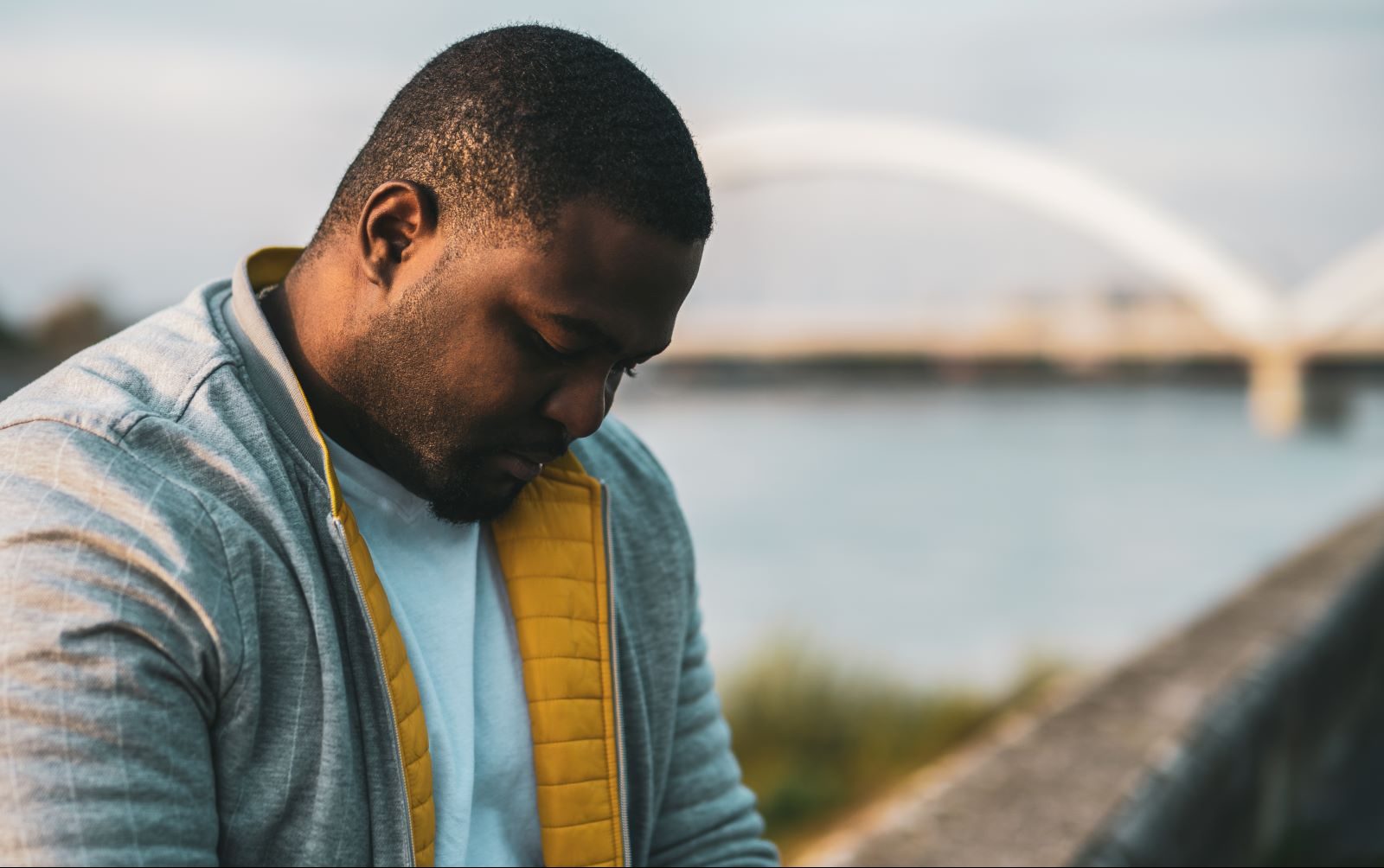<< Back
5 Surprising Facts About Grief

October 14, 2022
If you’re a typical Westerner, you probably don’t like thinking about grief. But at some point, it finds all of us anyway — including in ways you may not expect. If you know what to look for, you can weather the tough times with a bit more self-compassion.
Hartford HealthCare’s Ellen Wright, LCSW, shares the surprising facts about grief that she wishes more people knew.
> Need help coping with grief? Our integrated primary care team can connect you with mental health support.
1. Grief isn’t just about death.
Humans are wired to experience grief after any kind of a loss, not just the death of a loved one.
So throughout your life, you’ll probably experience grief in some form for the loss of relationships, routines and even aspects of your identity.
“Grief is in so many different parts of life,” says Wright, a licensed clinical social worker with the Primary Care Behavioral Health team. “For example, there’s grief in the loss of a job. There’s grief in the loss of independence. There’s grief in the loss of community, like what we’ve experienced during the pandemic.”
> Want more health news? Text StartHere to 85209 to sign up for text alerts
2. The stages of grief aren’t linear.
A lot of people know the basic stages of grief — denial, anger, bargaining, depression and acceptance. But one of the most surprising facts about grief is that you’re not necessarily going to check each stage off, one after another.
Instead, Wright says, we often “hop, skip and jump” through grief’s stages. That can include backtracking.
“I’ve worked with people whose parents died when they were young, and when they were getting married, they went through that grief again — not having their mom with them to choose a wedding dress, not having dad walk them down the aisle,” says Wright. “Grief hits in different ways at different times of life.”
3. Certain places and times of year can trigger it, even when you least expect it.
Wright had one patient who couldn’t stop crying, but didn’t know why. When Wright asked if any special events were on the horizon, it dawned on her that her late father’s birthday was coming up. She’d forgotten until then.
Another patient had been looking forward to a beach vacation. Once he arrived, he was overwhelmed by sadness. When he and Wright rehashed it later, he realized the beach triggered childhood memories with his family.
“Your body knows. It might seem random when grief all of a sudden hits you, but your body carries that information,” says Wright. “Even if you don’t cognitively think of it, it seems to come up.”
4. It isn’t just about sadness.
“I’ve worked with grieving patients who aren’t sad. They’re irritable. They’re angry,” says Wright.
Some of her patients are distressed because they feel relieved after the death of a loved one or the end of an important relationship. Others feel guilty because they’re numb. Whatever they’re going through, Wright reassures them: It’s OK to feel what you’re feeling.
“The purpose of grief is to come to grips with changes in your life. All feelings are valid with that,” she says. “That includes anger, denial, shock, guilt and relief.”
5. One of the best ways to deal with grief is with a support system.
If you’re grieving, it’s important to connect with people who care about you. It can be friends, a community group, an online network or something else.
Often, a therapist is an invaluable person to add to the list.
“A lot of patients come to me and say, ‘I just need somebody who’s not going to judge me for what I need to say.’ That’s what therapists are here for,” says Wright. “We are objective and nonjudgmental, and here to hear everything.”
“Grief is hard. It’s filled with all these feelings we don’t want to go through,” she adds. “But we have to go through them.”
The good news is, you don’t have to go through them alone.